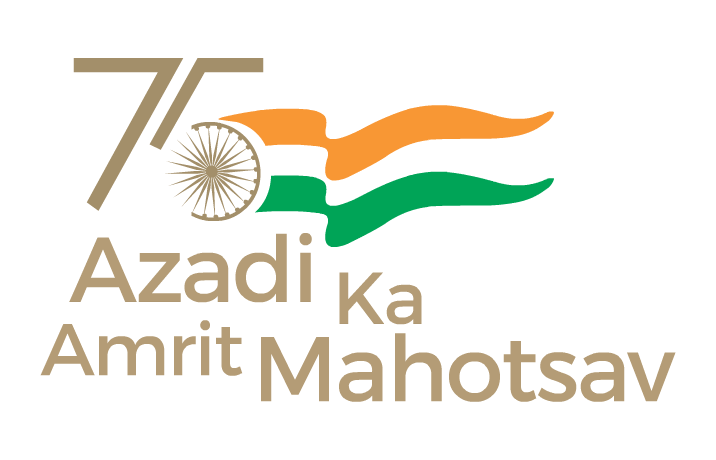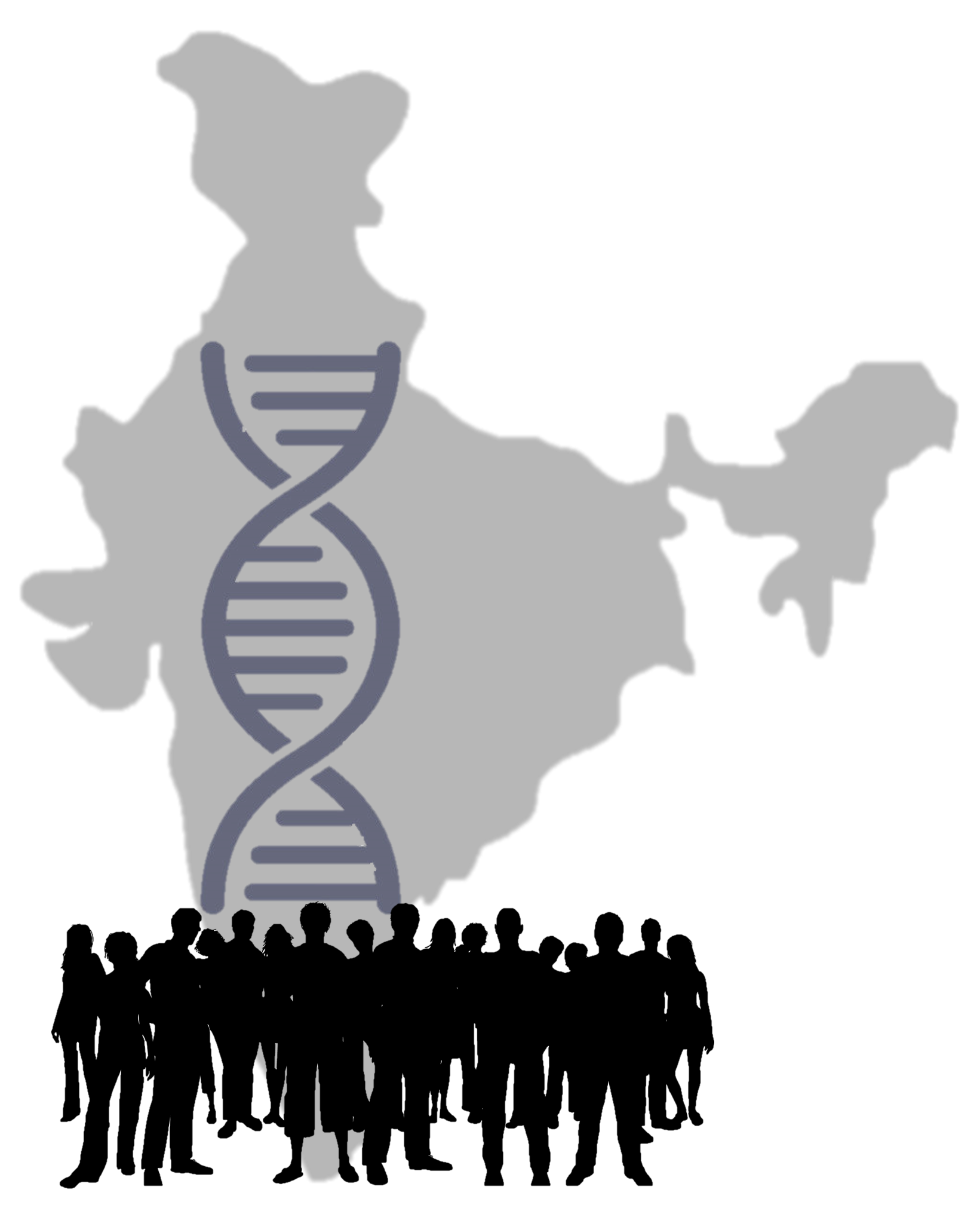
 Screen Reader Access
Screen Reader Access
GenomeIndia is a pioneering scientific project funded by the Department of Biotechnology, Ministry of Science and Technology, Government of India. The project marks a landmark collaboration of 20 academic and research institutions to drive a genomics-based health revolution for India.
The primary objective of GenomeIndia is to build a comprehensive catalogue of genetic variations that reflect the unique diversity of the Indian population.
The GenomeIndia project has accomplished the following goals with which it was started.
The analysis of the sequencing data will provide a pathway towards affordable genomics-based diagnostic tools and precision medicine tailored to Indian population. GenomeIndia data will serve as a critical national resource for advancing public health in India and marks a significant stride toward building a healthier nation.

The human genome is the instruction manual for our life. It is made up of DNA, represented by four letters A, C, G, and T. This genetic script, making up the human genome, extends across a staggering three billion such letters. Housed within the cells of our body, our genomes manifest as 23 pairs of chromosomes. In the intricate phenomenon of heredity, we inherit our genomes from our parents. Half our DNA is from our mothers, and half is from our fathers. This genetic inheritance orchestrates the very essence of our being.
About 1 in 1000 positions differ between any two individuals on average, resulting in diverse genetic codes. These genetic variations among individuals affect our disease risks, and also determine a person’s responses to drugs. Understanding these genetic nuances is key to deciphering people’s predispositions to certain diseases and designing effective treatments for these. A reference set of genetic variants highlighting uniqueness of the Indian population will lead to a better understanding of the nature of diseases. It will open doors to specific interventions essential for diverseethnic groups, thereby paving the way for more targeted and effective healthcare solutions.